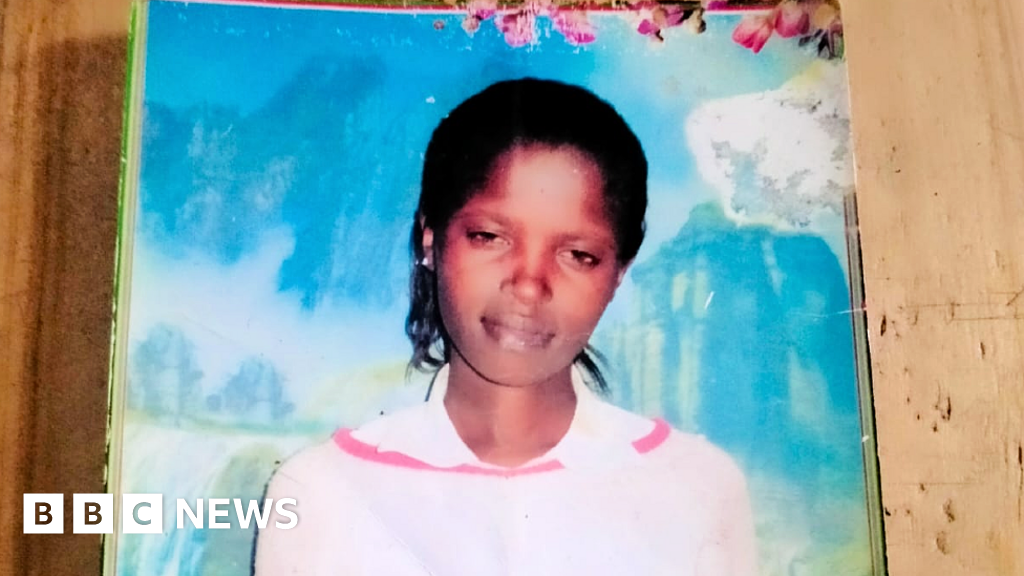
Agnes Wanjiru's murder: Kenya's high court issues arrest warrant for British national

Arrest Warrant Issued for British National in Agnes Wanjiru’s Murder Case
In a significant development in a decade-old murder case, a Kenyan High Court has issued an arrest warrant for a British national suspected of killing Agnes Wanjiru, a 21-year-old woman whose body was discovered in a septic tank in Nanyuki in 2012. The court’s decision marks a pivotal moment in the ongoing quest for justice for Wanjiru’s family, who have been advocating for accountability since her tragic death.
Background of the Case
Agnes Wanjiru was reported missing in March 2012 after she had allegedly spent an evening socializing with British soldiers stationed at the British Army Training Unit Kenya (BATUK). Her remains were found nearly three months later, raising serious concerns and prompting outrage within the local community and beyond. The circumstances surrounding her death have long been a source of contention, particularly regarding the involvement of British military personnel.
Justice Alexander Muteti presided over the recent court proceedings and stated that the evidence presented by prosecutors was sufficient to justify the issuance of the arrest warrant. The judge emphasized the importance of ensuring that the suspect faces trial in Kenya, as the case has garnered significant public interest and attention.
Family’s Response and Legal Proceedings
Kamau Mbiu, the attorney representing Wanjiru’s family, expressed cautious optimism following the court’s ruling. He indicated that the decision paves the way for the extradition process to commence, allowing the suspect to be brought to justice in Kenya. “We welcome it, but we urge greater transparency, as this remains a matter of public interest,” Mbiu remarked.
The family of Agnes Wanjiru has been vocal about their desire for justice. They have endured a prolonged struggle since her death, with her mother and other relatives living in Nanyuki, a town located approximately 200 kilometers (125 miles) north of Nairobi. Wanjiru left behind a five-month-old daughter, compounding the family’s grief and determination to seek accountability.
Esther Njoki, Wanjiru’s niece, described the issuance of the arrest warrant as a “bitter-sweet moment.” She acknowledged the potential delays associated with the extradition process but remained hopeful that justice would ultimately prevail. The prosecution has assured the court that witnesses currently residing in the UK will be made available for the trial, which is crucial for ensuring that the case can proceed.
UK Government’s Position
In response to the developments in the case, a spokesperson for the UK government expressed condolences to Wanjiru’s family and reiterated their commitment to assisting in the quest for justice. The spokesperson noted that, due to the ongoing legal proceedings, no further comments would be made at this time.
The UK’s Ministry of Defence has previously stated that it is cooperating with Kenyan authorities in their investigation. The involvement of British soldiers in the case has sparked widespread outrage in Kenya, leading to calls for accountability and transparency regarding the actions of military personnel.
The Extradition Process
The legal representative for Wanjiru’s family in the UK, Tessa Gregory, has urged the British government to take all necessary measures to expedite the extradition of the accused individual. The complexity of international legal processes often results in lengthy delays, and Gregory’s comments reflect a sense of urgency among Wanjiru’s family and supporters.
The court’s decision to keep the identities of the accused and witnesses confidential is intended to protect the integrity of the trial. However, this has also led to calls for greater transparency in the proceedings, as the case remains a matter of significant public interest in both Kenya and the UK.
Conclusion
The issuance of the arrest warrant for the British national suspected of murdering Agnes Wanjiru represents a critical step forward in the pursuit of justice for her family. As the extradition process unfolds, the case continues to attract attention, highlighting broader issues of accountability and transparency in cases involving foreign military personnel. The coming months will be crucial in determining whether justice will be served for Agnes Wanjiru and her loved ones.
Key Facts
– **Victim**: Agnes Wanjiru, 21 years old, murdered in March 2012.
– **Discovery of Body**: Found in a septic tank in Nanyuki, Kenya, nearly three months after her disappearance.
– **Suspect**: A British national, warrant issued by a Kenyan High Court.
– **Family’s Advocacy**: Long-standing efforts for justice led by Wanjiru’s family, including her mother and niece.
– **Legal Representation**: Kamau Mbiu represents the family in Kenya; Tessa Gregory represents them in the UK.
– **Government Response**: The UK government expresses commitment to assisting the family, while the Ministry of Defence cooperates with the Kenyan investigation.
Source: www.bbc.com


